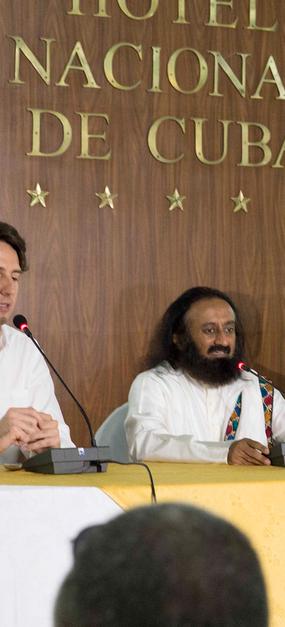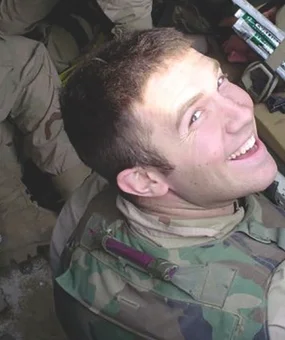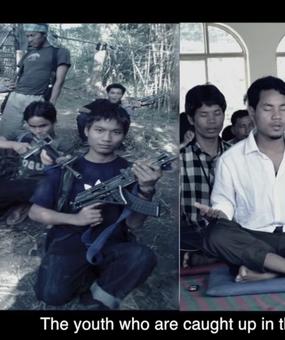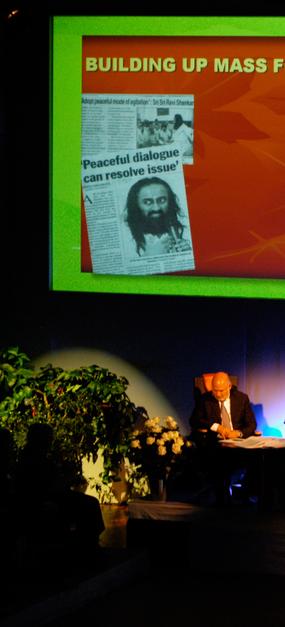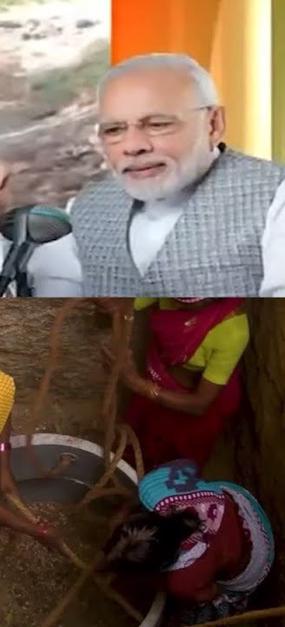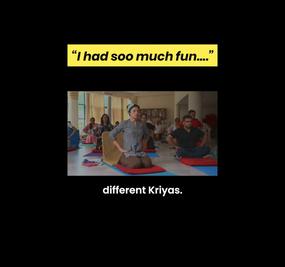On October 2, 2018, the 149th anniversary of Mahatma Gandhi, a group of men walked onto the stage of the amphitheater at The Art of Living International Center, Bengaluru.
These men belonged to United People’s Liberation Army (UPLA), a militant outfit based in the region of Karbi Anglong, a region in Assam.
In a few moments, one of them spoke, “We declare a unilateral ceasefire with the Government of India. We want to bring peace and harmony, and to solve the long-standing demand of people of Karbi Anglong with peaceful means.”
The crowd roared into a clap. It was the first time that the militant group had declared the ceasefire on a public platform. Earlier in August, they had expressed their desire to join the mainstream and explore possibilities of peace in a press statement.
The press statement said, “Gurudev Sri Sri Ravi Shanker’s vision has inspired us to look for democratic ways of fulfilling the aspirations of Karbi Anglong people. His emissaries are guiding us to come to the mainstream and inspired us to see our demands with a bigger and long-term vision.”
How did a militant group based in North-East India find inspiration to adopt peaceful means from Gurudev?
A change in direction
UPLA was formed in 2013 to demand a separate state of Karbi Anglong. A group of 100+ cadres and many other members were being trained in weapons at camps in Myanmar. The group, like other militant groups in the region, was formed as a response to the underdevelopment of Karbi Anglong, endless corruption, mismanagement of funds, and failure to devolve power to common people in the region. With extortions and violent acts against the state, the group continued to raise their voice for the people of Karbi Anglong.
Little did the militant group know that they will soon abandon their violent ways. The metamorphosis began when the group’s chairman, Sorjon Loeh, did The Art of Living’s Happiness Program in 2015 upon the recommendation of Longbir Ingti, an acquaintance who volunteered with The Art of Living. Sorjon who had just come out of prison at that time and found the program life-transforming.
“If I had done the program earlier, I would have never taken up arms and become an extremist,” he reminisces. He went on to do The Art of Living’s Youth Leadership Training Program (YLTP), after which he made a firm mind of leaving arms.
“After the program, I thought of giving up arms and convincing other cadres to give up arms too. But the problem was that most cadres were in Myanmar. And talking about peace could pose a risk to their lives as there were other militant groups training with them.”
But, Sorjon was fixated on dropping violent means. “We had to somehow get our cadres here. So, we got them here in small numbers at regular intervals which given the security and rough terrain, was a task in itself.”
The next step was to negotiate with the government and security agencies – a challenge which Sorjon was not up to simply because no one would believe him.
An intermediary walks in
In 2017, Loeh met Samir Jolly, an Art of Living faculty and emissary of Gurudev Sri Sri Ravi Shankar, in Divya Samaj ka Nirman (DSN), an Art of Living workshop that empowers participants to contribute to society. He spoke to him about UPLA’s desire to adopt peaceful means and negotiate with the government. Samir, who has worked towards bringing militants into the mainstream in the past, quickly swung into action.
He apprised Gurudev about their desire to join the mainstream. Gurudev then brought up the matter with the Prime Minister of India in a meeting and later, with the Chief Minister of Assam. On one of his visits to the state, he said in a public forum, “The government of Assam should welcome those who want to join mainstream society.”
Gurudev’s engagement with the government soon led to discussions between Samir and the security agencies. Samir became the man whom both the UPLA and the security agencies trusted. His intervention led to the safe passage of other members of the group from Myanmar to Karbi Anglong.
In August 2018, when the UPLA leadership from Myanmar arrived in Karbi Anglong, they were unsure if they should meet the security agencies for negotiations. “During that time, the leadership could not trust the security agencies. They were scared for their lives,” says Sorjon.
But something helped them move past their fears. “The Art of Living workshops really helped the cadres move past their fears. So, early morning, we would meditate and later during the day meet the security agencies.”
Finally, when discussions between the UPLA and security agencies began, Samir handheld the group through the negotiation process. “My job was mainly to sensitize both sides. I gave a reality check to the UPLA, of what was possible for an honorable settlement with the government. And conveyed to the government that only with a fair deal, will this peace process take shape,” he says.
“UPLA’s declaration of a unilateral ceasefire has sent out a message to other groups that they too can return to the mainstream with respect,” says Samir.
On 14th August, as a pre-independence gift to the nation, the UPLA leadership sent the press statement declaring a unilateral ceasefire with the government.
Roadmap to the future
While the UPLA has declared a ceasefire, it has still not surrendered. The Art of Living continues to sensitize the government and security agencies to challenges the UPLA faces to surrender. Meanwhile, the government is supporting the accommodation of UPLA members.
The Art of Living is helping them rehabilitate.
“We are conducting workshops for the other cadres and their family members. With nothing to do in the camps, these workshops are bringing self-confidence in them to start new lives. The Art of Living center in Karbi Anglong here has become like their home,” says Vishnu Prakash, a full-time Art of Living faculty in North-East India.
The Art of Living is also giving them respectable other means of employement to empower, rehabilitate and help them integrate into the mainstream. “Recently, 5 cadres became sales executives of Sri Sri Tattva products. We are also helping others with employment through references,” says Vishnu.
“Our plan is to train these cadres as yoga trainers who can go back and contribute to society,” adds Vishnu.
As for Sorjon the future looks hopeful. “With the help of The Art of Living, I want to help other misguided youth in the region to join the mainstream. And I want to send my cadres and other unemployed youth in the region to Bangalore Ashram (The Art of Living center in Bengaluru) for skill training,” he says.
UPLA success story: A ray of hope for others
With the success story of the UPLA, other militant groups have found inspiration to change ways. “UPLA’s declaration of a unilateral ceasefire has sent out a message to other groups that they too can return to the mainstream with respect,” says Samir.
“That is why other militant groups are also approaching us,” adds Samir.
We hope that other groups too find peaceful ways to place their demands and work together for the development of Karbi Anglong. Sorjon says, “There is a lot of untapped resources in the region. With the help of the government and joint efforts of youth in the region, we can make a difference.”




